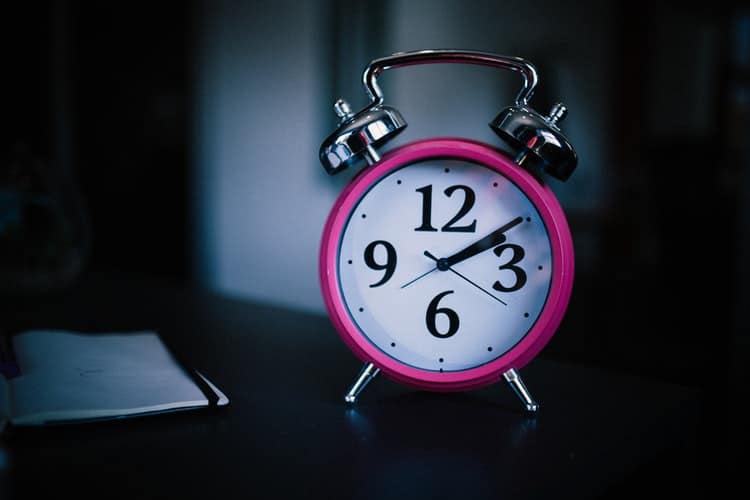Have you experienced poor quality of sleep or been having trouble falling asleep since the start of the pandemic? If so, you’re not alone. According to one survey, 56% of U.S. adults have experienced an increase in sleep disturbances over the past year. Below we review why the cause and tips for getting better sleep.
Causes of Coronasomnia

One of the root causes of insomnia is stress. Stress has a negative effect on sleep and is a well-known risk factor for insomnia because it activates the autonomic nervous system and triggers the release of adrenaline and cortisol. From worrying about you or your loved ones getting sick to facing financial insecurity, it’s safe to say we’ve all been extra stressed throughout the pandemic.
Another cause of insomnia is a disrupted routine. Our internal clocks rely on a dependable sleep schedule in order to regulate, but many have experienced disruptions to our sleep routines, exercise routines and work schedules.
Screens are another way the circadian rhythm can be disrupted. With most workplaces moving to remove Zoom formats and not much else to do besides watch TV and scroll, many of us have had much longer daily screen times than usual.
How to Get Better Sleep
Below are tips for getting better sleep:
- Get on a regular sleep schedule. Going to bed and waking up at the same time each day can help regulate your internal clock that tells you when it’s time for sleep.
- Turn down the temperature. As you sleep, your body temperature lowers until you get up in the morning. If your room is too warm, you may have trouble falling asleep. Keep your thermostat between 60 and 67 degrees at night.
- Expose yourself to daylight and darkness. Your circadian rhythm is also sensitive to exposure to daylight and darkness. Ensure you expose yourself to bright daylight during the day and make your bedroom dark at night.
- Practice mindfulness, meditation and yoga. Stress causes difficulty falling asleep. Mindfulness, meditation and yoga at High Country Yoga have all been shown to be helpful in reducing stress, calming the mind, relaxing the body and improving sleep.
For more information about getting a good night’s sleep, call the experts at Blue Ridge ENT today.